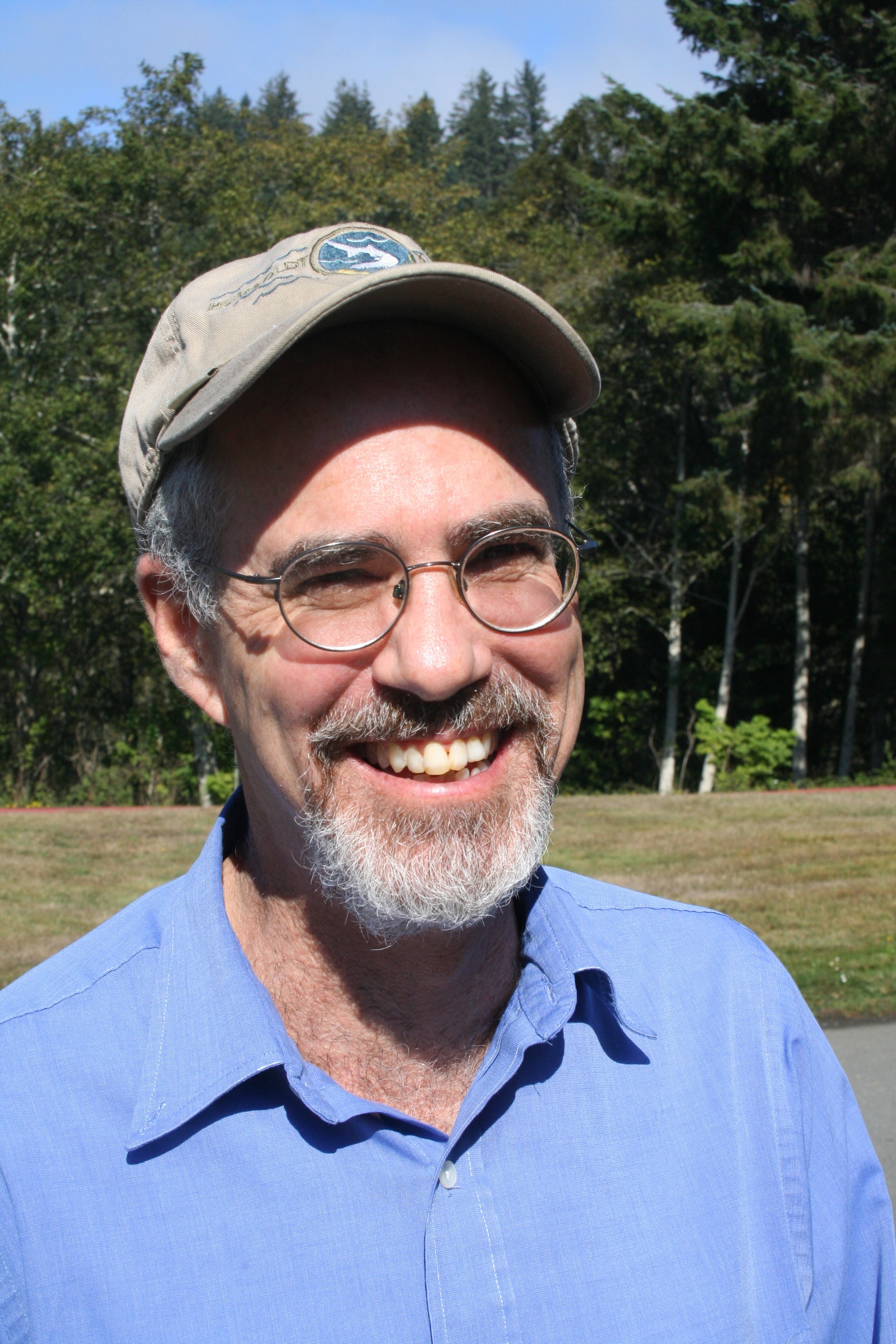Read Indiscriminately | 6.2 Poet David Holper
Brad Fruhauff
 We asked 6.2 poet David Holper what we should be reading this year, and like a true intellectual he didn't answer the question. Not directly, anyway.
We asked 6.2 poet David Holper what we should be reading this year, and like a true intellectual he didn't answer the question. Not directly, anyway.
What should the editors of Relief or for that matter any poet be reading this year? I assume my answer is supposed to provide a guide post for poets and editors alike on the very best poetry for one's diet so that this year we will turn out leaner and meaner, or at least more insightful because of those books whose spines we’ve so diligently cracked.
Perhaps. But in thinking over this question I recall a talk I once heard Paul Theroux give at a conference at UMass Amherst where I attended graduate school. His argument was this: read indiscriminately. He urged all of us eager young writers in the audience to read the back of the cereal box, the books in the checkout line, highbrow and lowbrow—but read, read voraciously.
It is good advice, and it has served me well over the years. Along with it, I would suggest to read both in an out of your comfort zone. If you find that everything you read you’re in agreement with or you’re able to readily digest, then perhaps it’s time for a diet of stiffer stuff. In addition to many books of poetry that I’ve purchased this year, I’ve also dabbled in fiction, nonfiction, history, education, politics, and even read quite a number of the books that my three children have enjoyed. In fact, a number of the ideas I’ve had for poems have arisen not out of reading poetry but out of something else I’ve picked up. The poem I wrote this afternoon arose out of watching the new Wachowski film Cloud Atlas (then reading the novel after the fact), along with ideas from another novel I finished several days ago called Psalm at Journey’s End by Erik Fosnes Hansen that I happened to find on my office bookshelf over the holidays.
Mine the past. Many of the poets in my creative writing classes (and poets just like them whom I encounter in numerous literary journals) have little idea of anything that rhymes or can be scanned for foot and meter. This lack of literary depth generally produces poems that fall into either the emotional response column or the vivid description column (or both), but few will venture beyond those familiar tropes. So as I have pushed myself, so I push them, too—and not surprisingly the majority of these poets wind up being stronger for reading a variety of forms, as well as learning the art of writing a sestina, a sonnet, a villanelle, a pantoum. If Robert Frost was right that free verse is like “playing tennis without a net,” then I would say that formal poetry helps to inform free verse poets with a keener sense of word choice, line, and form.
So where to find such reading? It’s all around us. It’s easily available with the click of a mouse on website such as poets.org or poetry.org. It’s in the free books that are left in coffee shops, it’s in your public library, it’s in a book group, it’s in the books on your bookshelf that you’ve never read but meant to get around to one day, it’s in the Great Books list that you can find online, it’s in the simple question posed to your friends on social media, “What’s worth reading this year?” In fact, while I was waiting for my oldest daughter recently in a bookstore, I asked my friends on Facebook what their favorite book was in middle school. In about a day, I found more posts on that question than on any other topic I’ve ever posted.
So read. Read more. And with God’s grace, it will not be just in the reading, but in the writing we do as well this year that we’ll find something worthwhile. Good reading and good writing to each and every one of you!
David Holper has worked as a taxi driver, fisherman, dishwasher, bus driver, soldier, house painter, bike mechanic, bike courier, and teacher. He has published a number of stories and poems and his first book of poetry, 64 Questions, is available through March Street Press. He teaches English at College of the Redwoods and lives in Eureka, California, which is far enough from the madness of civilization that he can get some writing done. Another thing that helps is that his three children continually ask him for stories, and he is learning the art of doing that well for them.